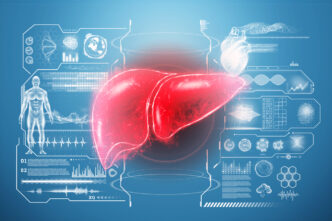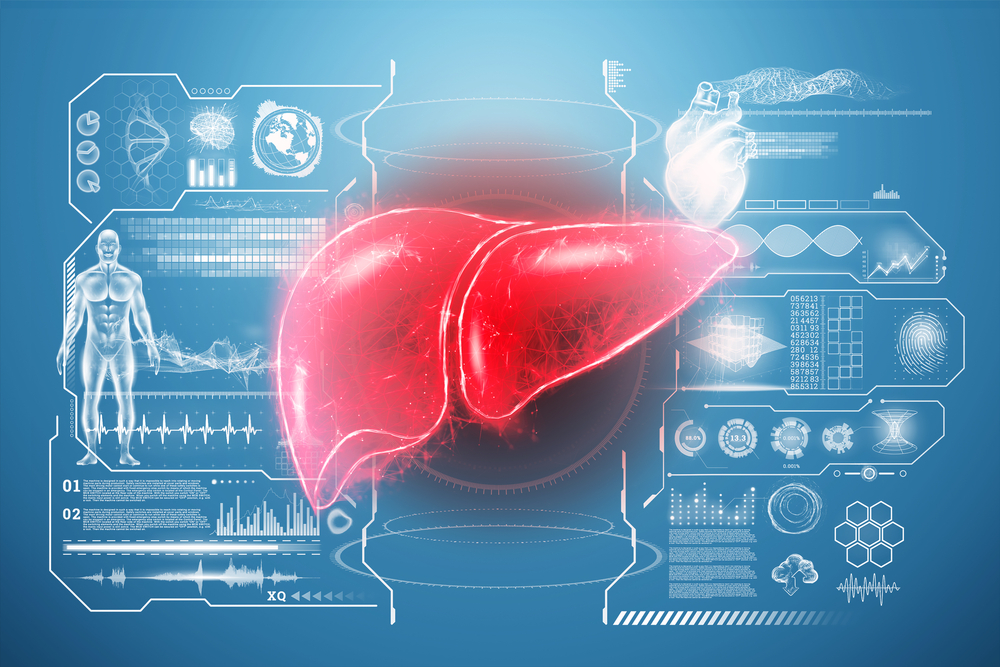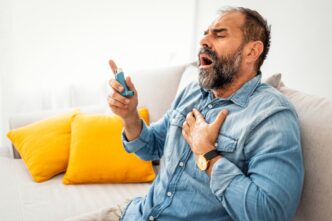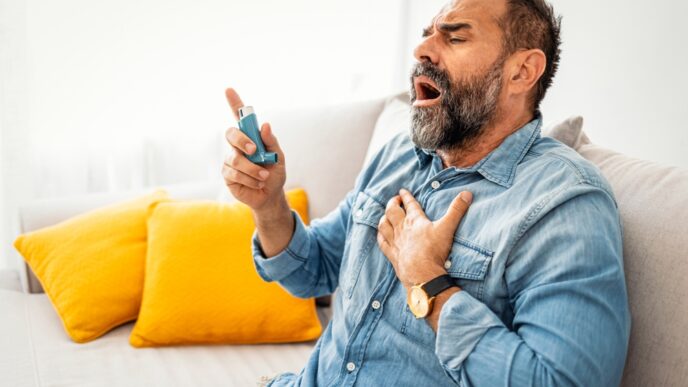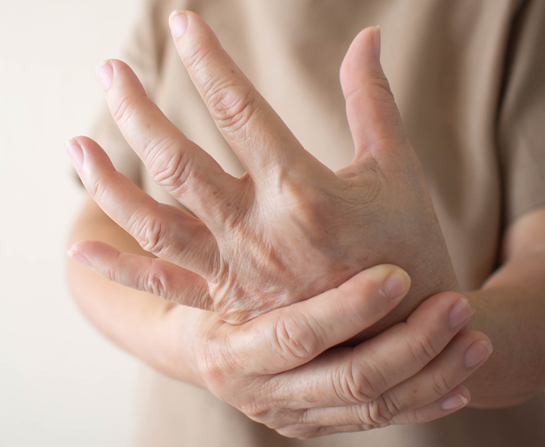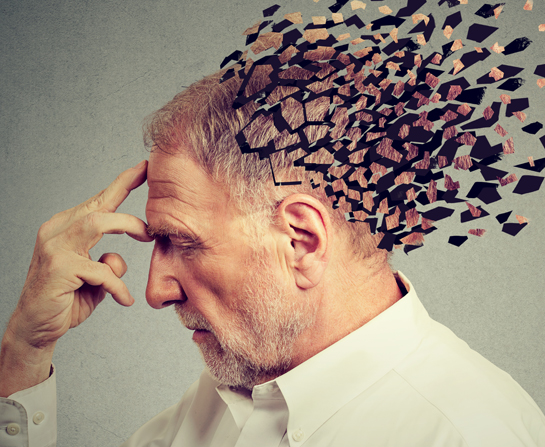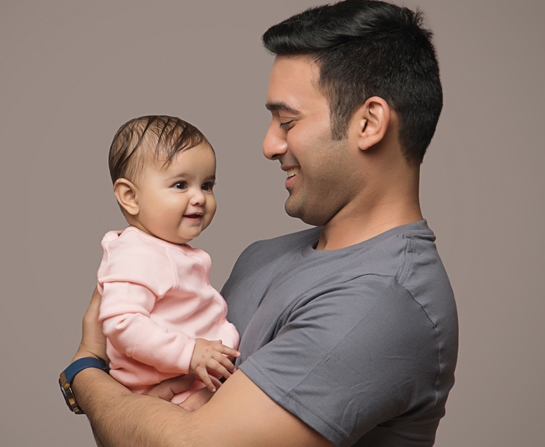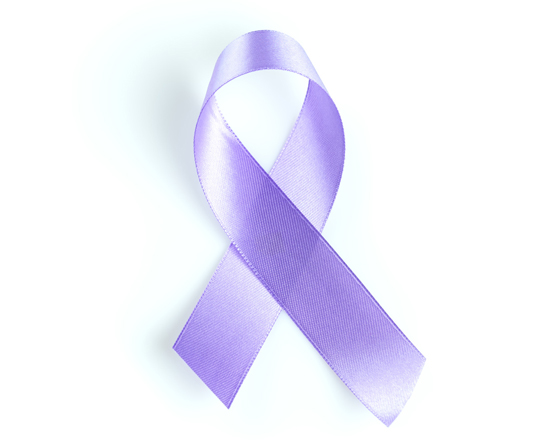Few people think of the liver as an important organ for health, but this humble organ does more than most people realize. It is a hard-working organ that plays an essential role in digestion, detoxification, immunity and metabolism. In fact, Dr Chow Suet Yin considers it the most important organ, asserting that a healthy, well-functioning liver is the foundation for good health.
WORDS LIM TECK CHOON
 FEATURED EXPERT FEATURED EXPERTDR CHOW SUET YIN Family Medicine Specialist IMU University |
LIVER FUNCTION #1
Detoxification
Trending detox diets often appear online, claiming various health benefits.
However, we already have an organ that acts as a detox centre, according to Dr Chow Suet Yin.
“The liver is the primary organ for dealing with toxins,” she explains.
- The liver produces enzymes to break down metabolic waste so that these potentially harmful substances removed from the body through our urine and faeces.
- That way, we will avoid having these substances accumulate in our body and cause problems.
- For example, too much bilirubin in the body can cause jaundice, which could our brain function and leads to a coma.
LIVER FUNCTION #2
Digestion and Storage of Certain Essential Nutrients
Dr Chow reveals that the liver produces a digestive fluid called bile.
- Bile helps to break down fats so they can be absorbed by the gut during digestion.
- It also helps the body store vitamins A, D, E and K in our fats.
- Without the liver to produce bile, our body would be unable to absorb these vitamins, which can lead to issues such as:
- Impaired vision from low levels of vitamin A
- Weakened bones from insufficient vitamin D
- Muscle weakness from lack of vitamin E
- Poor blood clotting without vitamin K
LIVER FUNCTION #3
Boosting the Immune System
- Our liver is the site for large numbers of Kupffer cells.
- These cells help to filter and remove harmful pathogens like viruses and bacteria that find their way from our gut into our liver.
- Their actions also help to reduce the risks of inflammation and infection in our liver.
LIVER FUNCTION #4
Sugar Metabolism and Energy Production
Dr Chow explains that our body’s ability to store energy and manage blood sugar levels is also regulated by the liver.
- Glucose can be stored in the liver as glycogen.
- Glycogen can be broken down to produce energy when the need arises, such as during fasting or performing intense physical activities.
- The liver also produces vital proteins like blood clotting factors and albumin, which maintains blood volume.
“Thus, when the liver is functioning poorly, one can experience fatigue, unstable blood sugar, easy bruising, and swelling in the abdomen and legs,” Dr Chow adds.
THE LIVER IS THE ONLY ORGAN IN OUR BODY THAT CAN SELF-REGENERATE, BUT THERE ARE LIMITS TO THIS!
“Unhealthy lifestyle habits are the leading cause of poor liver health and liver disease,” said Dr Chow.
The main culprits are:
- Excessive alcohol intake
- Diets very high in saturated fats, sugar, and processed foods
- Obesity, which is related to diet and lack of exercise
- The use of certain medications, supplements, and traditional or herbal remedies
Stages of Liver Disease

While early symptoms of liver disease are non-specific, Dr Chow shares that more obvious signs appear as its condition deteriorates.
Fatty liver
- The initial stage of liver disease.
- No symptoms, only a scan will reveal the fat deposits that have built up in the liver.
Inflammation
- At this stage, we may experience symptoms such as fatigue and abdominal pain that comes and goes.
Scarring
- Without medical treatment, scar tissues will eventually start to form from the liver’s ongoing attempts to heal itself.
- This stage is called fibrosis.
- At this stage, liver functions are greatly affected, leading to more severe symptoms, such as abdominal pain from an enlarged liver or fluid build-up in the abdomen.
Cirrhosis
- The next stage of liver disease is known as cirrhosis.
- At this stage, all damage to the liver and its blood vessels cannot be reversed.
- You are likely to have symptoms such as jaundice and find yourself more prone to bruising or bleeding.
- As liver functions continue to worsen, you may even vomit blood and experience confusion or weakness.
“Moving forward, the damaged cells can become cancerous, leading to liver cancer, or progress to liver failure,” Dr Chow tells us.
HOW TO HAVE A HEALTHY LIVER AND HAPPY LIFE
Watch What You Eat
- Eat more good fats from sources like olive oil, avocado, fatty fish, seeds, and nuts.
- Consume salt and sugars in moderation.
- Cut back on processed foods, saturated fats, and alcohol.
Stay Active and Maintain a Healthy Weight
- For those that are overweight, a 5-10% reduction in weight can reverse fatty liver.
Get Adequate Sleep
- The liver works hardest while we are at rest.
Dr Chow also advises caution with supplements and traditional remedies, as these may have an impact on liver functions, and annual screening to help monitor liver health and allow early intervention.
| This article is part of our series on liver health. |

